Apr 29, 2020 | Native Hope
To the Lakota and Dakota, the horse is a relative. What does it mean to be a relative? It is more than a connection through blood—it is spiritual. Although history tells us that the modern-day horse arrived in the Americas in the 1500s with the arrival of the Spanish, there is scientific evidence that horses inhabited these continents thousands of years prior. Regardless, the horse is sacred to Native Americans and is viewed as an equal.
About Horse Nation
“Horses are not viewed as animals by our people. The colonial view is to call them animals. Our relative, the horse, has a sharp mind,” shares Peter Lengkeek, Chairman of the Crow Creek Sioux Tribe [Hunkpati Oyate]. “They are capable of every emotion you and I have. They can love. They can hate. They can be traumatized to the point they are just existing—just trying to get through the day. Horses “feel” just like we do emotionally, mentally.”
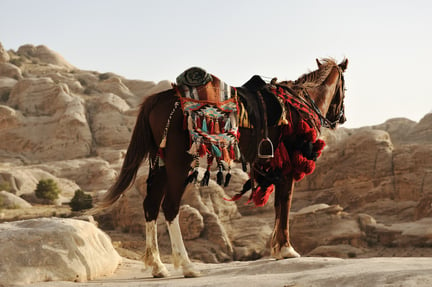
The Lakota name for a horse is sun'ka wakan or “holy/mysterious dog.” Peter explains the Dakota and Lakota believe the horse came as a gift from the Wakíŋyaŋ (Thunder Beings); in fact, horses are all members of “horse nation.” The Horse Nation represents the West and a connection to the spirit world.
Greg Grey Cloud, equine therapist offers these thoughts about the horse: “The Sioux people, historically, were known for their relationship with the Horse Nation. They were much more than a tool used for battle, packing, or hunting. The horse was like kin to a Sioux. [In] today’s times, our trauma keeps us from growing. Horses are reflective of emotions, they mirror our hearts, pain, and struggle. So, if you should ever be lonesome, sad, or afraid...spend time grooming a horse. Allow your heart to journey into spaces you may be uncomfortable with. Know that the horse is fully supportive and naturally wants to help you. Allow yourself the healing. The Horse Nation are our relatives. Let them help you. Mitakuye Oyasin—(we are all related).
The Healing Power of Horses
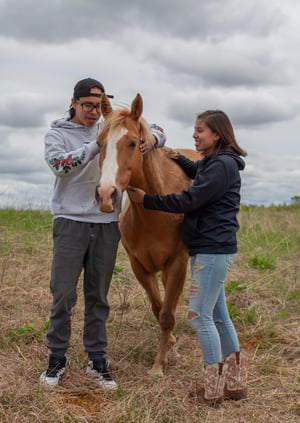
Horses are considered a powerful source of healing among all nations; healing from the trauma endured or secrets kept.
The horse listens and makes no judgements. It feels the pain and soothes its relative. In fact, horse therapy on the reservation is quickly becoming an accepted and effective method of treating trauma for Native American children and teens. On the Rosebud Sioux Reservation, a ranch called the Tiwáhe Glu Kiní Pi, “Bringing the Family Back to Life,” helps dozens of Native American children, teens, and adults weekly through horse therapy. Dave Valandra, ranch manager, and Greg Grey Cloud, equine therapist, work tirelessly to heal those in need and to promote cultural equine therapy.
The horse displays hypervigilance which “allows horses to detect the slightest sound, smell, or movement, any of which might indicate the presence of a life-threatening predator. Their ability to read with flawless accuracy, not just the behavior of others but their silent intentions, is what gives the horse the psychological mirroring expertise of the most gifted human therapist.”
Whether the sun'ka wakan serves to calm the mind or to carry the body, the majestic relative remains steadfast in its role as a friend to man. Native Hope honors the sacredness of the Horse Nation in hopes of creating more understanding of its valued place in Native culture and in healing Native communities.
So the next time you see a horse, take time to connect and experience his wisdom—know his heart and he will know yours.
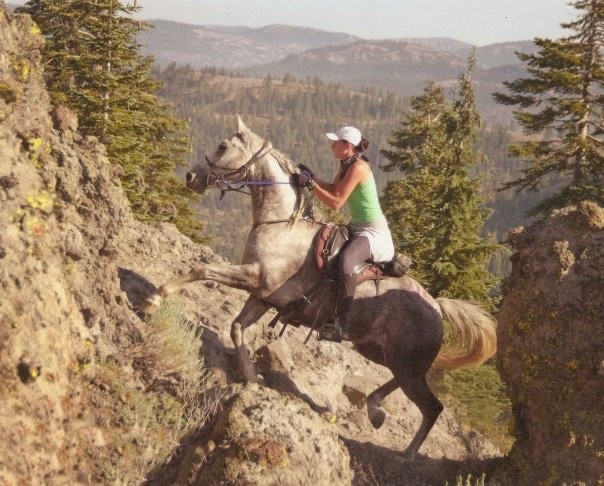
Native Hope recognizes the extreme importance for cultural revitalization and preservation.
Join us in our effort to share the Untold Story of Native America.

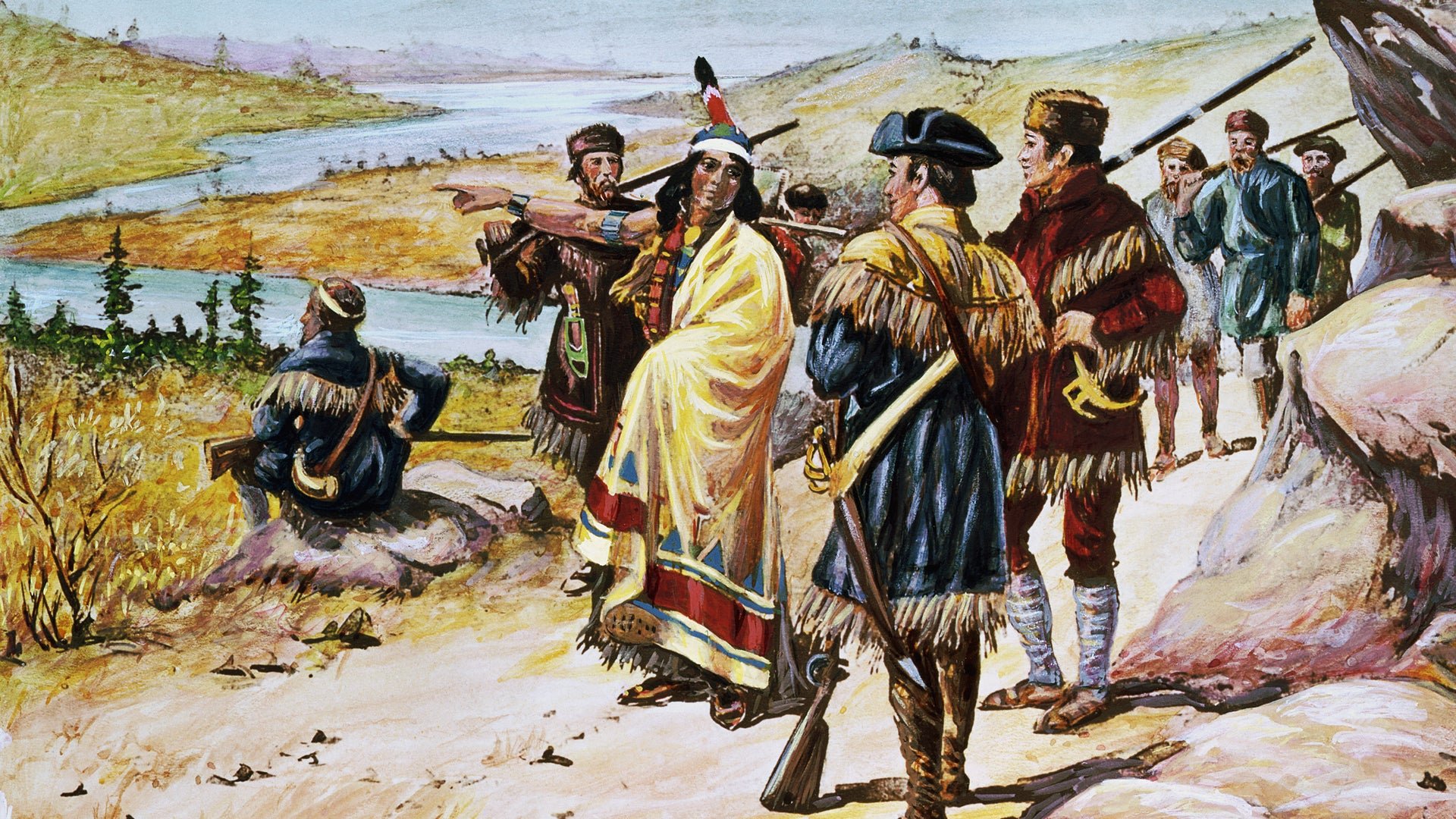
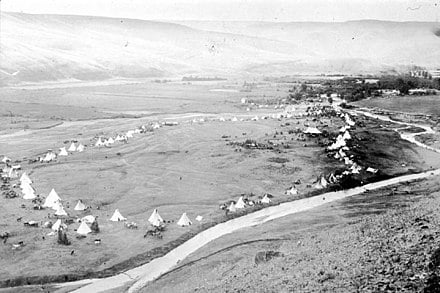

COMMENTS